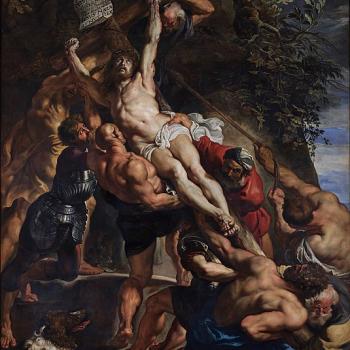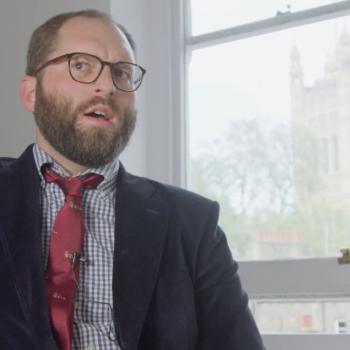This redefinition of childhood innocence as “fantasy” is key to the defining down of the deviance of pedophilia that permeated college campuses and beyond. Drawing upon the language of postmodern theory, those working to redefine pedophilia are first redefining childhood by claiming that “childhood” is not a biological given. Rather, it is socially constructed—an historically produced social object. Such deconstruction has resulted from the efforts of a powerful advocacy community supported by university-affiliated scholars and a large number of writers, researchers, and publishers who were willing to question what most of us view as taboo behavior.
Postmodern theorists are primarily interested in writing that evokes the fragmentary nature of experience and the complexity of language. One of the most cited sources for this is the book Male Intergenerational Intimacy: Historical, Socio-Psychological and Legal Perspectives. This collection of writings by scholars, mostly European but some with U.S. university affiliations, provides a powerful argument for what they now call “intergenerational intimacy.” Ken Plummer, one of the contributors, writes that “we can no longer assume that childhood is a time of innocence simply because of the chronological age of the child.” In fact, “a child of seven may have built an elaborate set of sexual understandings and codes which would baffle many adults.”
Claiming to draw upon the theoretical work of the social historians, the socialist-feminists, the Foucauldians, and the constructionist sociologists, Plummer promised to build a “new and fruitful approach to sexuality and children.” Within this perspective there is no assumption of linear sexual development and no real childhood, only an externally imposed definition.
Decrying “essentialist views of sexuality,” these writers attempt to remove the essentialist barriers of childhood. This opens the door for the postmodern pedophile to see such behavior as part of the politics of transgression. No longer deviants, they are simply postmodern “border crossers.” . . .
It appears that a number of postmodern pedophiles have taken the advice to heart. For a while, we lived in a culture in which man-boy sex was not only tolerated, it was celebrated. And while the furor over the allegations at Penn State and Syracuse reveals that male pedophilia remains contested terrain for most, women-girl sex, because of the power of the women’s movement, scarcely registers on the cultural radar screen.
“The Vagina Monologues,” for example, is still part of the standard dramatic repertory in student productions on college campuses—including Penn State and Syracuse. The original play explores a young girl’s “coming of age,” beginning with a 13-year-old girl enjoying a sexual liaison with a 24-year-old woman. Later published versions of the play changed the age of the young girl from 13 to 16 years old, and the play continues to be performed. Last year’s February production at Syracuse was enhanced by inviting an “all-faculty” cast to perform the play on campus.
via The Postmodern Pedophile « Public Discourse.
HT: Joe Carter















